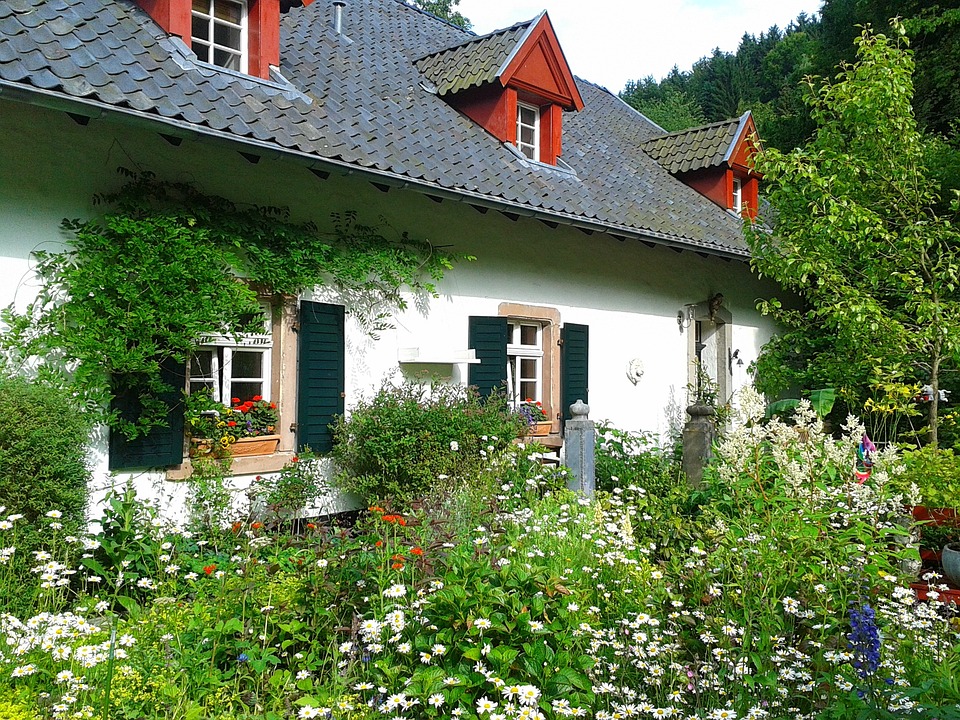Preserving the Planet: How Sustainable Farming Combats Climate Change
Picture this: a lush green field, abundant with vibrant vegetables and fruits, all grown using sustainable farming practices. The air carries a refreshing scent of earth, and the hum of bees fills the air. This idyllic scene is not just a dream; it’s the reality I’ve experienced as a passionate advocate of sustainable farming and gardening. Through my years of living off the grid, I have witnessed firsthand the incredible impact sustainable farming can have on combating climate change. In this article, we will explore the many ways sustainable farming helps preserve our planet, from reducing carbon emissions to enhancing biodiversity. So let’s dig in and discover the undeniable power of sustainable farming in cultivating a greener future for all.
The Rise of Sustainable Farming
Sustainable farming, also known as regenerative or organic farming, is an agricultural practice that focuses on nurturing the land while minimizing harm to the environment. Unlike conventional farming methods that heavily rely on synthetic pesticides, herbicides, and artificial fertilizers, sustainable farming utilizes organic alternatives and embraces natural processes.
For years, sustainable farming was considered a fringe movement, but today it is gaining significant recognition and momentum. People are increasingly recognizing the immense benefits it brings both to their own health and to the health of the planet. Let’s dive deeper into why sustainable farming is a game-changer in the fight against climate change.
1. Carbon Sequestration
One of the most powerful weapons in sustainable farming’s arsenal is its ability to sequester carbon dioxide from the atmosphere. By employing regenerative practices such as cover cropping, crop rotation, and agroforestry, farmers enhance the organic matter content in the soil. This, in turn, boosts soil health and its capacity to store carbon.
According to studies, transitioning to sustainable farming practices could potentially sequester up to 15% of global carbon emissions annually. Can you imagine the impact this could have on mitigating climate change? Not only does sustainable farming remove carbon from the atmosphere, but it also reduces the need for synthetic fertilizers, which are carbon-intensive to produce.
Pro Tip: Composting is an excellent way to contribute to carbon sequestration on a smaller scale. It not only reduces waste but also enriches the soil with valuable nutrients.
2. Water Conservation
Water, our most precious resource, is becoming increasingly scarce. Sustainable farming practices significantly reduce water consumption by maximizing its efficiency. For example, the use of drip irrigation systems delivers water directly to the plant’s roots, minimizing wastage caused by evaporation or runoff.
Moreover, sustainable farming methods like mulching prevent soil erosion and help retain moisture, reducing the need for irrigation altogether. By implementing these water-wise techniques, sustainable farmers preserve this vital resource while still cultivating bountiful crops.
Pro Tip: Collecting rainwater in barrels or constructing simple rain gardens can provide an additional source of water for your gardens while reducing your reliance on tap water.
3. Biodiversity Boost
Nature thrives on diversity, and sustainable farming embraces this principle wholeheartedly. Unlike the mono-cropping prevalent in conventional agriculture, sustainable farmers employ crop rotation and intercropping techniques to enhance biodiversity. By growing a variety of crops together, farmers create a natural ecosystem that discourages pests and diseases, reducing dependency on chemical interventions.
Additionally, sustainable farming practices prioritize the preservation of pollinator habitats. Bees, butterflies, and other pollinators play a crucial role in fertilizing plants, ensuring successful yields. By providing them with native plants and eliminating pesticide use, sustainable farmers create a safe haven for these vital creatures, helping to protect biodiversity in the process.
Pro Tip: Creating a pollinator-friendly garden at home is not only a rewarding experience but also an excellent way to support your local ecosystem. Choose native flowering plants and avoid using pesticides to attract and sustain pollinators.
4. Soil Health and Nutrient Density
While conventional farming often leads to soil degradation and erosion, sustainable farming practices revitalize the soil and promote its long-term health. Techniques such as crop rotation, cover cropping, and minimizing tillage help preserve the soil’s structure, prevent erosion, and retain vital nutrients.
Moreover, when soil is nurtured using sustainable methods, the crops it produces become more nutrient-dense. Studies have shown that organic farming methods result in higher levels of vitamins, minerals, and antioxidants compared to conventionally grown produce. By choosing sustainable farming techniques, we not only nourish the soil but also provide ourselves with healthier, more nutrient-rich food.
Pro Tip: If you’re growing your own food, consider testing your soil’s health regularly and amending it with natural amendments or compost to ensure optimum fertility.
Together Towards a Greener Future
Sustainable farming is not just a means of growing food; it’s a revolutionary approach to preserving our planet for future generations. By prioritizing carbon sequestration, water conservation, biodiversity, and soil health, sustainable farmers are leading the charge against climate change, one field at a time.
Whether you have acres of land or a small balcony garden, embracing sustainable farming practices can make a world of difference. As consumers, we can support sustainable farmers by choosing locally grown organic produce and supporting farmers’ markets. By opting for regenerative practices in our own gardens, we contribute to the collective effort to combat climate change and build a greener future.
So, let’s roll up our sleeves, plant some seeds, and dig into the sustainable farming revolution. Together, we can preserve the planet and cultivate a better, healthier world for all.



